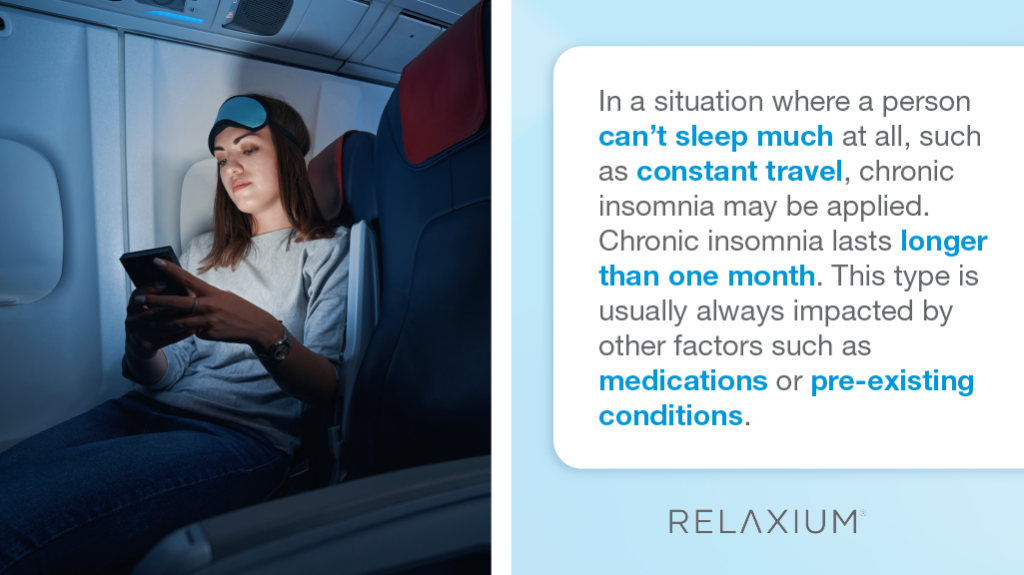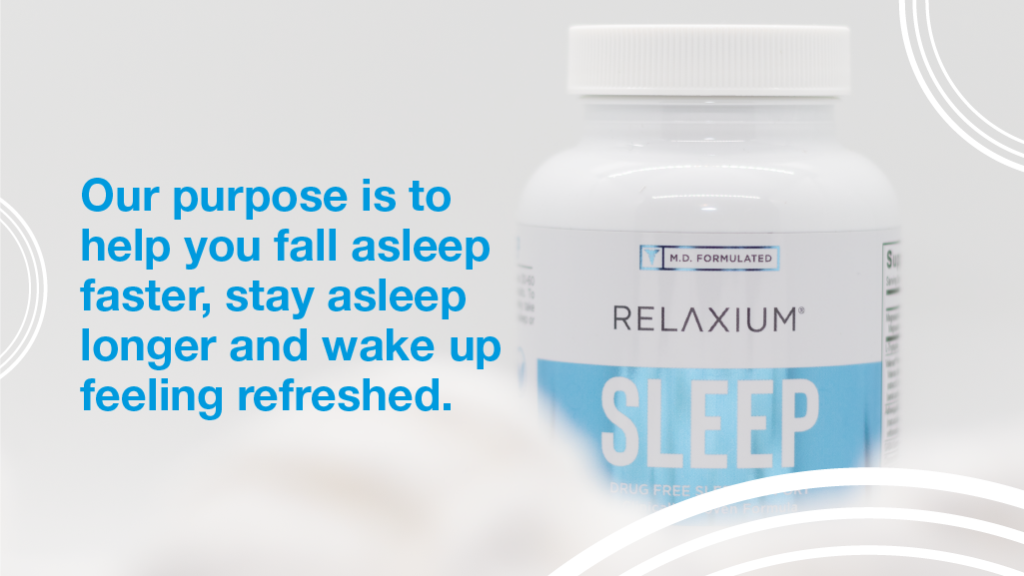Insomnia is a very real and serious sleep disorder that millions deal with on a daily basis. Accurate information on a disorder this common is crucial for recovery.
Sleep disorders are a common problem millions across the globe grapple with. Out of the over 80 sleep disorders known, Insomnia is a widely recognized sleep disturbance. There are many myths about the reality of Insomnia. Allow us to be a resource to tackle and correct these myths.
First, what is insomnia?
Insomnia is a sleep disorder in which a person will struggle to fall asleep, and if woken, to fall back asleep. Not only does it affect your sleep habits and relaxation, but it also affects energy. Often a person with insomnia will wake up to start the day and continue to feel tired. In turn, this lack of natural sleep starts to affect their daily schedule and livelihood. Insomnia can occur even in the most comfortable of places, the environment in which you sleep does not affect the level of the disorder.
A number of different symptoms that can point to insomnia:
- Trouble falling asleep at night
- Difficulty with the continuation of deep sleep during the night
- Irritability
- Difficulty keeping up with tasks and paying attention
- Waking up too early
- Drowsiness during the day
- Waking up feeling unrelaxed
- Mood swings
With this said, like many other physical disorders, misinformation can be spread. Myths are created that downplay and fail to understand the complexity of certain disorders. Allow us to debunk a few.
Myth #1 Insomnia is a mental block; it only exists in your head
Dating back to the early 1800s, German physician Johann Heinroth who was the first to define the psychosomatic disorder known as insomnia described it as “…a subjective perception of dissatisfaction with the amount and/or quality of the sleep.” It was recognized that people were feeling the troubles of going to sleep easily as well as getting back to sleep if woken up.
Fast forward to 2005, The National Institutes of Health at the Science Conference on the Manifestations and Management of Chronic Insomnia in Adults panel resulted in conclusion of insomnia being a legitimate problem. At the time it was reported that 30% of adults in the general population had faced the disorder in some measure. This helped to reinforce the fact that insomnia is more than a mental problem. Not nearly as simple as a nightmare, but a condition that can truly affect your life long-term.

Myth #2 If you have Insomnia you can’t sleep at all
Insomnia has been pictured in films as a disorder in which you cannot sleep at all. Ignoring the high flair dramatics of a film such as A Nightmare on Elm Street, insomnia varies in its levels of sleep.
In some cases, people may experience short-term or acute insomnia. This may result from many things including:
- Traumatic experiences
- Large amounts of stress
- Constant travel
- Irregular eating habits
- Irregular sleep schedule
In a situation where a person can’t sleep much at all, chronic insomnia may be applied. Chronic insomnia lasts longer than one month. This type is usually always impacted by other factors such as medications or pre-existing conditions.
Myth #3, You can’t do anything about insomnia
While insomnia will affect your lifestyle, you are able to make changes in your lifestyle to help combat this disorder. Regulating your sleep schedule is the first simple step you can make. You can do this by trying to fall asleep and wake up at the same time each day. This as well as trying to avoid caffeine, food and alcohol close to the evening.
It may seem intimidating to try to fix your sleep schedule, especially if you already have trouble falling asleep due to insomnia.
This is where we can come in to help. In order to fall asleep and stay asleep longer and wake up feeling more relaxed, Relaxium has a variety of options. All products have a strict set of quality, natural and effective ingredients that help to regulate the sleep schedule and aid in lowering the symptoms one feels after a lack of restful night’s sleep.
Relaxiums’ Relaxium Sleep pills have been scientifically proven through a controlled subject’s study that reported an overall 140% increase in falling asleep faster, a 260% increase in sleeping through the night, a 69% increase in waking up completely refreshed and an 80% increase in enhanced focus and concentration.

Myth #4 Watching TV helps with insomnia
Similar to drinking caffeine, or alcohol or eating before bed, habits like TV before bed will offer little relief in battling insomnia. Similarly to using your phone before bed, watching TV will cause stimulation which will then make falling asleep much harder.
Especially in the case of children, many studies report a lack of sleep on nights when technology was used before bed versus those that do not.
Myth #5 Staying in bed until you sleep will help
Bedrooms are typically always associated as the room for comfort and relaxation. Those who suffer from insomnia of course may not feel this way. Due to this, the idea of laying in your bed until you finally fall asleep can be counteractive. You may feel many frustrations because you are not able to sleep.
With the epidemic of COVID-19, many people started to do their work in their bedrooms. Understanding this, it is understandable that the bedroom may now be associated with stress and work. Picture laying in your bed, unable to sleep. These frustrations may continue to swarm your mind, making it almost impossible to ignore. This kind of anxiety is hard to face.
If possible, if you’re dealing with insomnia, try to only get in your bed when you feel tired. Typically the average person takes 15 to 20 minutes to fall asleep. When you start to feel tired at night and after 15 to 20 minutes, still cannot sleep, try doing something to activate your body or brain.
As simple as some jumping jacks, or reading a physical book may help to push your brain to sleep.

Don’t get discouraged, try to stay positive
No one can truly relate to those with sleep disorders short of them having one as well. We at Relaxium want to offer you the best information and supplements possible to aid you in your sleep journey. Our purpose is to help you fall asleep faster, stay asleep longer and wake up feeling refreshed.
To restful and healthy days ahead.
The Relaxium Team
*These statements have not been evaluated by the Food & Drug Administration. This product is not intended to diagnose, treat, cure, or prevent any disease.
Sources:
https://www.ncbi.nlm.nih.gov/pmc/articles/PMC2924526/
https://www.mayoclinic.org/diseases-conditions/insomnia/symptoms-causes/syc-20355167
https://www.therecoveryvillage.com/mental-health/insomnia/insomnia-myths/
https://www.nhlbi.nih.gov/health/insomnia

